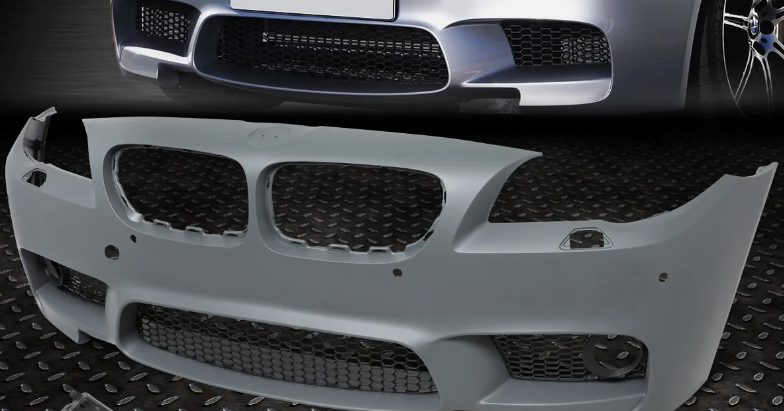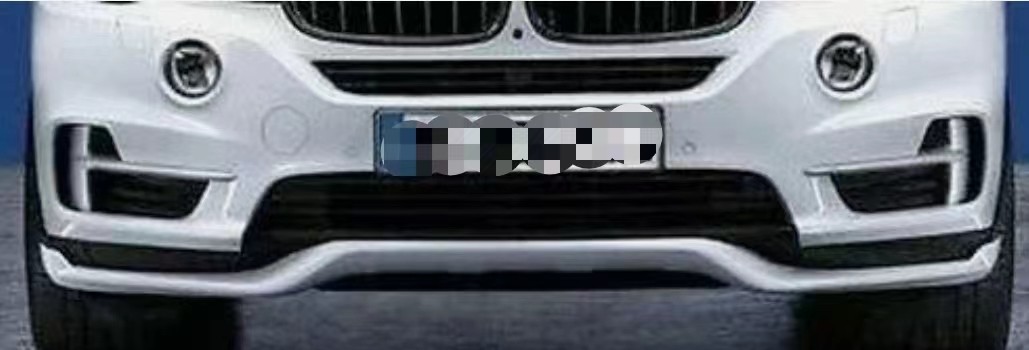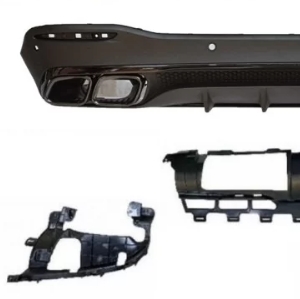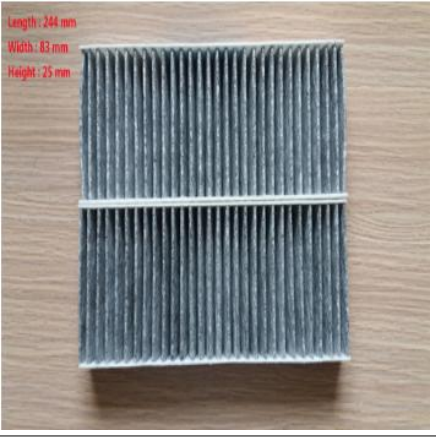Q
which tyres wear faster
I'm a seasoned industrial engineer with a keen interest in machine learning. Here to share insights on latest industry trends.
I'm a seasoned industrial engineer with a keen interest in machine learning. Here to share insights on latest industry trends.
You May Like
Identifying a cracked engine block might seem daunting but can be approached through several indicators. Firstly, look for visible signs of cracks or leaks, especially in areas that experience high stress or heat. An unexplained loss of coolant without visible leaks could also suggest a crack. Performance symptoms like overheating, white smoke from the exhaust indicating coolant burning, or oil contamination with coolant (leading to a milky appearance) are red flags. For a more definitive assessment, a pressure test or dye penetrant test can be conducted. These tests can reveal hairline cracks not easily visible to the naked eye. Early detection is key to possibly salvage the engine or, at the very least, mitigate further damage. If you suspect a cracked block, consulting with a professional mechanic is highly recommended for a thorough evaluation and advice on the best course of action.
Yes, a diesel engine can technically run on kerosene due to its similarities in combustion properties to diesel fuel. Both are hydrocarbon fuels, but kerosene has a slightly lower viscosity and cetane rating, which can affect engine performance and starting capability, especially in cold weather. Running a diesel engine on kerosene might necessitate adjustments or tuning to accommodate for the different fuel properties and to prevent potential damage to the fuel system. Additionally, the use of kerosene over diesel might violate emission regulations in certain jurisdictions. It’s used as an alternative fuel in scenarios where diesel is unavailable or in emergency situations but is not recommended for long-term use without considering the potential impacts on engine longevity and performance.
It is technically possible for a diesel engine to run on kerosene. but running an engine on a fuel that is not specifically designed for that purpose is generally not recommended. as it can cause long-term damage. affect performance. and void the warranty. Before using an alternative fuel. consult your engine manual or an expert.
The term "LS engine" refers to a family of GM (General Motors) engines that debuted in the late 1990s. Characterized by their small-block V8 design, LS engines are renowned for their remarkable power, efficiency, and versatility. Originating as a powerhouse for Chevrolet models, their popularity quickly transcended automotive boundaries, making them a preferred choice among enthusiasts for custom builds and performance upgrades. These engines are distinguished by their modern engineering features, such as aluminum blocks, efficient airflow, and electronic control systems, which contribute to their superior performance. Besides being a staple in performance cars, LS engines have found their way into various vehicles, from trucks to classic muscle cars, earning acclaim for their reliability and ease of modification. Their widespread compatibility and aftermarket support have cemented the LS series as iconic in the automotive performance scene.
You May Like
Q&A
- •how to know engine size
- •are kia good vehicles
- •what do car dealers pay for vehicles
- •how is a car engine made
- •has hyundai fixed their engine problems
Popular Information















